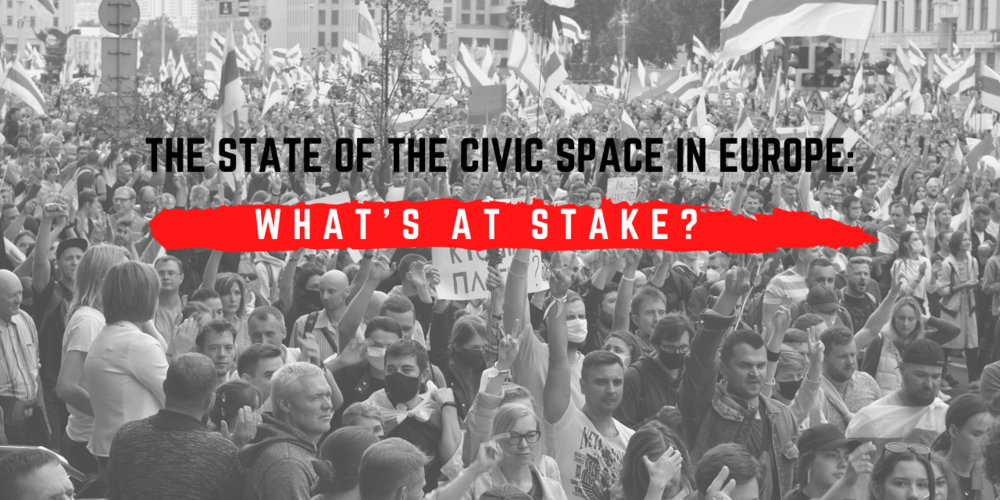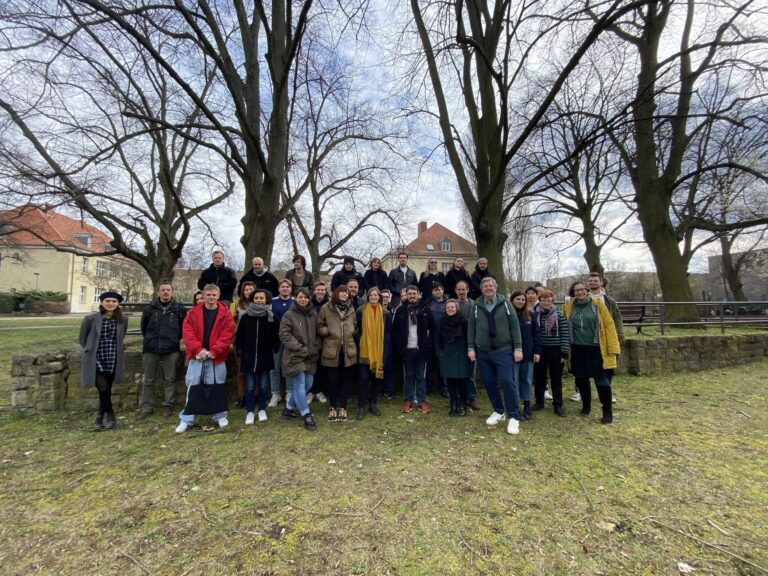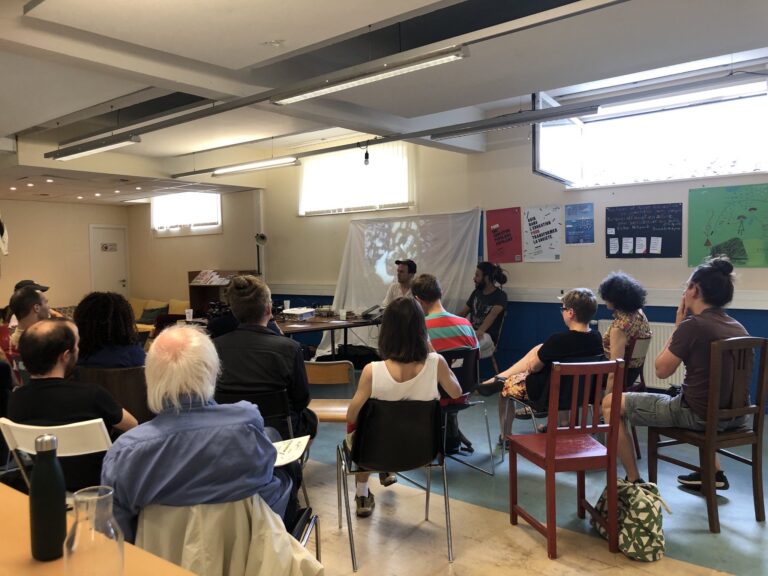SOLIDAR Foundation Statement on the state of the civic space in Europe
The second annual Study Visit of SOLIDAR Foundation (12 – 14 July) addressed the issue of the state of the civic space in Europe thanks to the interventions of external experts and the exchange of experiences, common challenges and lessons learned by members and partners across Europe.
SOLIDAR’s Study Visits are conceived as a peer learning opportunity for our members to expand their knowledge and network in relation to education and lifelong learning. In order to enhance the peer-learning and networking aspects at once, the standard methodology guiding our activities is based on non-formal education. Read our reporting of the Study Visit.
The three-day event culminated in a Statement written with the SOLIDAR Foundation membership based on the discussions and exchange of experiences in countering the attacks on the civic space. The publication calls upon the European Union to enable the civic space and the Civil Society Organisations populating it, to continue operating freely in order to keep organising and activism accessible and provide quality learning opportunities for all to achieve just, inclusive societies.
The unprecedented level of civic space restrictions imposed during the COVID-19 crisis have sparked civil society initiatives to counter the shrinking of civic space. At the beginning of the pandemic, SOLIDAR Foundation, as well as partner organisations, reported on the shrinking civic space developments, but as the state of emergency no longer is the rule within the EU, it is now time to ensure that the COVID-19 restrictions will not shrink fundamental rights in the long term.
In response to this situation, SOLIDAR Foundation together with its members and partners, calls upon the European Union institutions to:
- Promote a strong civil society in Europe. Many governments have used the pandemic to shut down civic freedoms through emergency laws and the use of extraordinary powers, even going beyond what is permissible in international human rights law. Guarantee that the laws restricting freedoms adopted during the pandemic are not used to attack fundamental rights and do not have long lasting effects on civil society.
- Meaningfully include the citizenry in decision-making processes to “build back better”. Participatory democracy can address the recent crisis of representative democracy and the increased distrust in the institutions. It is high time for the EU to meet the ambitions of its citizens, as people are no longer indifferent to the EU and its decision-making processes.
- Employ Citizenship Education as a tool to strengthen the democratic fabric of our societies. Citizenship education is an essential tool to reinforce active citizenship, therefore it is key to set up avenues for cooperation between formal, non-formal and informal education, particularly, by supporting civil society in their contribution to adult education and lifelong learning and ensuring access to the developments of crucial transversal competences to those otherwise left behind by mainstream policies.
Find the full Statement in our Download section







